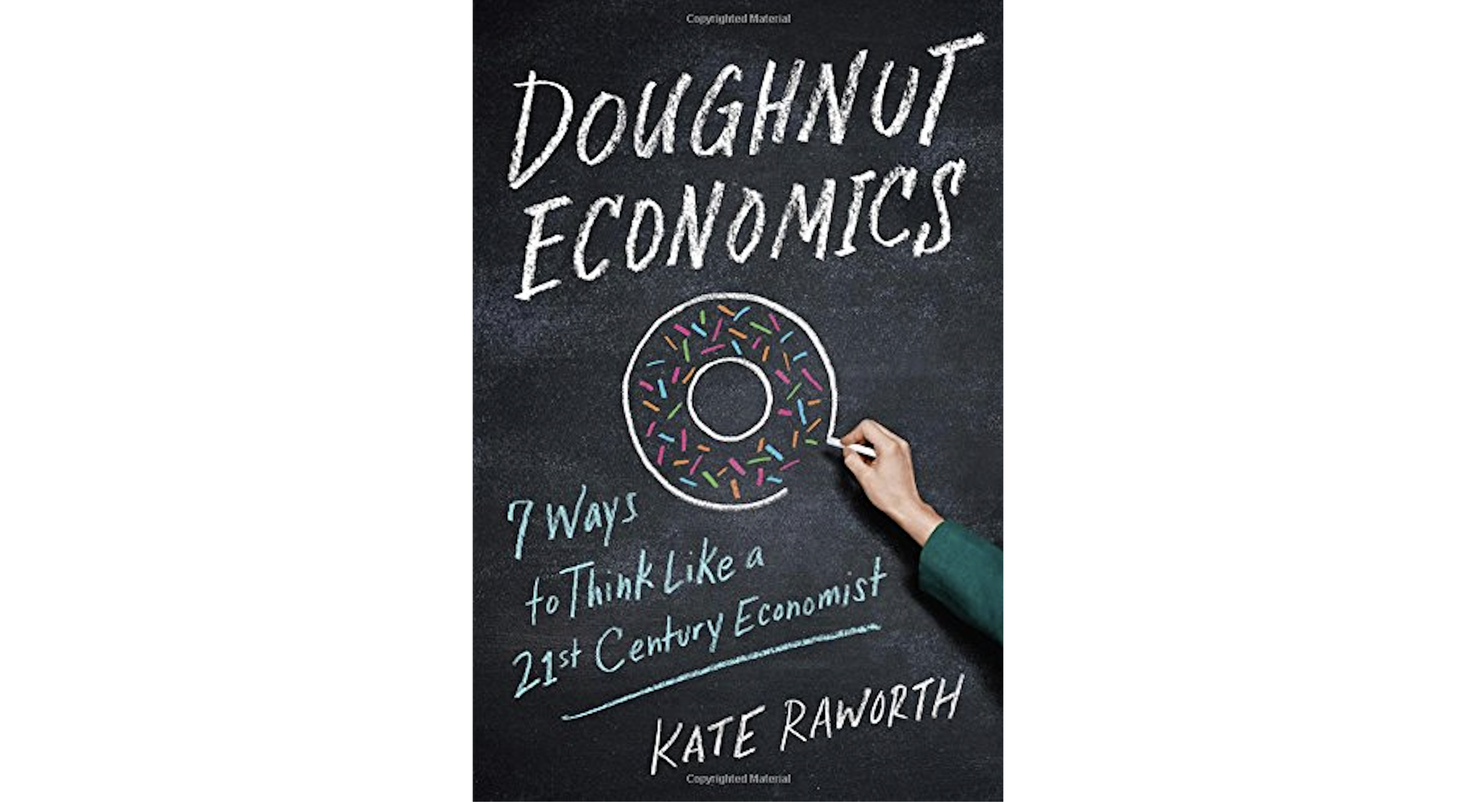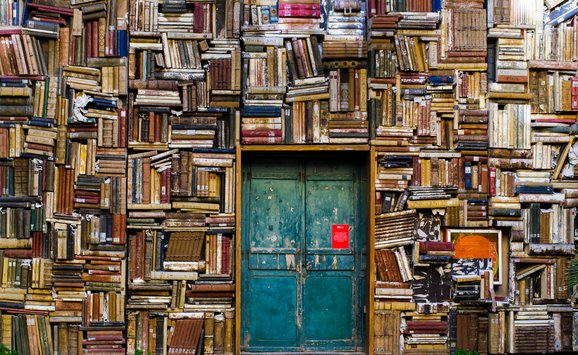A recurring segment on Resources Radio is “Top of the Stack,” when podcast hosts Daniel Raimi and Kristin Hayes ask each guest what’s on the top of their literal or metaphorical reading stack. Economics and the environment tend to be common themes for the recommended readings, so these books might be right up your alley. See if you agree that experiencing nature can extend to the printed page.


Where the Crawdads Sing by Delia Owens
“It takes place in a coastal wetland in North Carolina. It is evocative; the beauty and values of nature come through on every page. It helps you understand why we’re so worried about the definition of Waters of the United States (WOTUS) and why it’s so darn important to read things like this and go out in nature. During this time, we should all be taking walks, and enjoying nature, and realizing how important it is to protect these things.”
Ellen Gilinsky, Former Associate Deputy Assistant Administrator for Water, US Environmental Protection Agency


The Politics of Resentment by Katherine J. Cramer
“Everyone who cares about renewable energy needs to read it. Cramer went to coffee shops and gas stations across rural Wisconsin to understand how people feel about the government. What she finds, as the title suggests, is resentment—that the state government is setting policy, and urban people are driving policy that’s affecting rural communities. It’s really important to understand how rural communities feel about the policies.
“In the rural communities in Michigan where I’ve spent most of my time, a renewable portfolio standard [RPS] is seen as a strike against a project. Even if they would otherwise be supportive of it, people see the RPS as ‘proof’ that wind energy needs a state mandate, that it doesn’t pay for itself, that it needs the government to prop it up. There’s not one word in the book about energy and the environment, but it’s so helpful to understand the kinds of communities where we’re putting energy infrastructure.”
Sarah Mills, Senior Project Manager, University of Michigan


Doughnut Economics by Kate Raworth
“If you want to go more futuristic, I highly recommend it. She’s talking about where we want to go with the economy in the long run, and she has a reconception of the purpose of economics.
“Inside her doughnut diagram is sustainable water, clean air, electricity, all the resources for everybody on Earth; and then there’s a thin area of what we call sustainability of all those items; and then there’s a point where we start pushing beyond. We’re starting to break the planetary boundaries for those things. We’re emitting too much CO₂, we’re injecting too many fertilizers and toxins in waterways, what have you. What she’s articulating is that we can feed everybody—we can give good lives to everybody on this planet—but we have to stay within those planetary boundaries. It’s a very fun, provocative read that might change how you think about economics.”
Chris Bataille, Associate Researcher, Institute for Sustainable Development and International Relations







